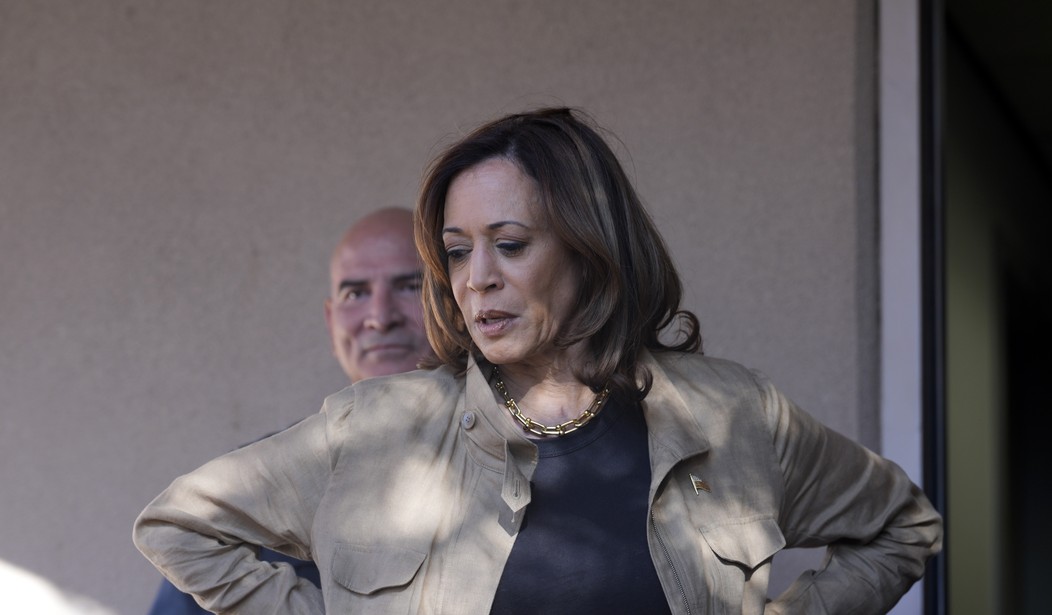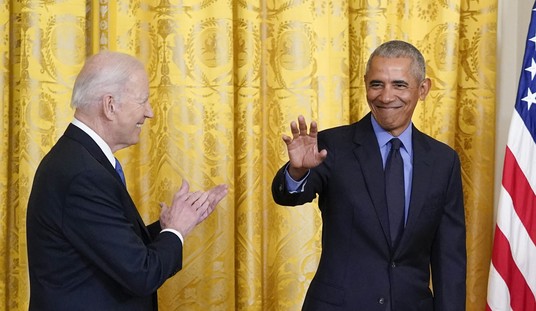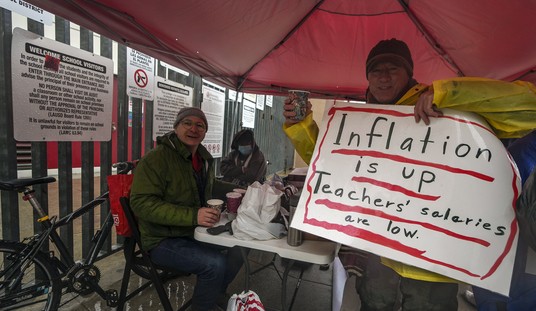The canary in the coal mine that indicated that Vice President Kamala Harris and the Democrat party lost the culture war? Sports.
In an interview with Semafor, Kamala Harris' campaign's deputy manager, Rob Flaherty, reveals that the campaign's struggle to book Harris on sports culture television shows and podcasts served as a menacing forecast of larger media and cultural trends. Ultimately, Harris would lose the culture war, the election, and the popular vote, driven by President-elect Donald Trump's galvanization of sports culture and new media.
As Flaherty explains, sports, once seen as a neutral space that could bridge political divides, had become increasingly associated with the conservative values reflected in Trump's platform.
Semafor's
Soon after Vice President Kamala Harris became the Democratic nominee, deputy campaign manager Rob Flaherty turned his attention to sports. The campaign needed to introduce Harris quickly to people who aren’t obsessed with politics. Sports is perhaps America’s last remaining monoculture, and Flaherty and the Harris team decided to book her on sports shows and podcasts. But one by one, the biggest personalities and shows politely turned them down.
“Sports and culture have sort of merged together, and as sports and culture became more publicly and sort of natively associated with this Trump-conservative set of values, it got more complicated for athletes to come out in favor of us,” Flaherty, 33, told me in an interview last week. “It got more complicated for sports personalities to take us on their shows because they didn’t want to ‘do politics.’”
“That’s not to say Steph Curry and Steve Kerr and LeBron [James] and all them coming out wasn’t impactful or important,” he said. “It was more impactful because it had gotten so much harder. But certainly the culture that has been associated with heavy sports-watching has become associated with right-wing culture in a way that makes it harder for us to reach people.”
Faherty declined to say who turned Harris down, but she didn’t appear on key shows hosted by sports figures sympathetic to Democrats, like Colin Cowherd, Bill Simmons, or the Kelce brothers. (As Semafor first reported at the time, Harris did appear on All The Smoke, a popular but more niche basketball podcast, and NFL hall-of-famer Shannon Sharpe’s Club Shay Shay podcast.)
The campaign’s failure to completely crack the sports sphere was, to Flaherty, ominous, and part of a larger trend in which some influencers who had felt comfortable engaging with the Biden White House, demurred when asked to help Harris make her case to their followers. “When it’s not cool to talk about politics,” he said, “you’re kind of afraid of the audience.”
“Campaigns, in many ways, are last-mile marketers that exist on terrain that is set by culture, and the institutions by which Democrats have historically had the ability to influence culture are losing relevance,” he said.
Trump enjoyed the endorsement of sports figures like NFL kicker Harrison Butker, UFC president Dana White, and NASCAR driver Danica Patrick, each representing a different facet of American sports culture. In the weeks leading up to November's election, Trump was welcomed by chants and cheers in one sports stadium after another.
President @realDonaldTrump arrives at Acrisure Stadium to chants of U-S-A! 🇺🇸 pic.twitter.com/TaVUjTDuT9
— Margo Martin (@margomartin) October 21, 2024
Former President Donald Trump shown on the video board here at Alabama-Georgia game pic.twitter.com/h3nBWWHjih
— Nick Kelly (@_NickKelly) September 29, 2024
Related:
More Trump Joy in PA, As Steelworkers and Steelers Fans Roar in Support
Kamala's Attempted Troll of Trump at Alabama Game Fails Miserably, While Trump Is Cheered Wildly
Flaherty also acknowledged that Harris' failure to appear on Joe Rogan's podcast was a "missed opportunity" and pointed to a larger conservative ecosystem that trumped the influence of the Democrat's strongholds in legacy media and Hollywood.
Nowhere was this more clear than within the “manosphere” of podcasters and content creators like Rogan and [Theo] Von. To them, Trump had become less toxic and more based, and he rewarded his supporters with access. Flaherty said the Trump campaign successfully used new media to reshape culture, while Democrats found that the mass media institutions that had long largely supported them were weaker than these new cultural drivers.
“It’s more than just young men. It’s a broader ecosystem,” he said. “Democrats have historically had these really close relationships with institutional media, institutional culture — Hollywood and the traditional press. There’s this entire cultural ecosystem that the Trump campaign did a really good job of cultivating over a long period of time.”
Read More:
OPINION: Trump's Unfiltered Dialogue With Joe Rogan Highlights Authenticity Lacking in Kamala Harris
Reflecting on Trump's impactful interview on "The Joe Rogan Experience" in the days before the election, I wrote:
This is everything Kamala Harris cannot do; no matter how much analysts may pore over demographics and data after her potential loss, they’ll struggle to quantify her phoniness.
While the Harris campaign swept sweetheart coverage from traditional media and the usual suspects in the Hollywood elite, she couldn't capture a more authentic resonance that Trump cultivated in the rapidly growing world of sports culture and podcasting. Flaherty put it succinctly, “You don’t get a national eight-point shift to the right without losing hold of culture.”













Join the conversation as a VIP Member